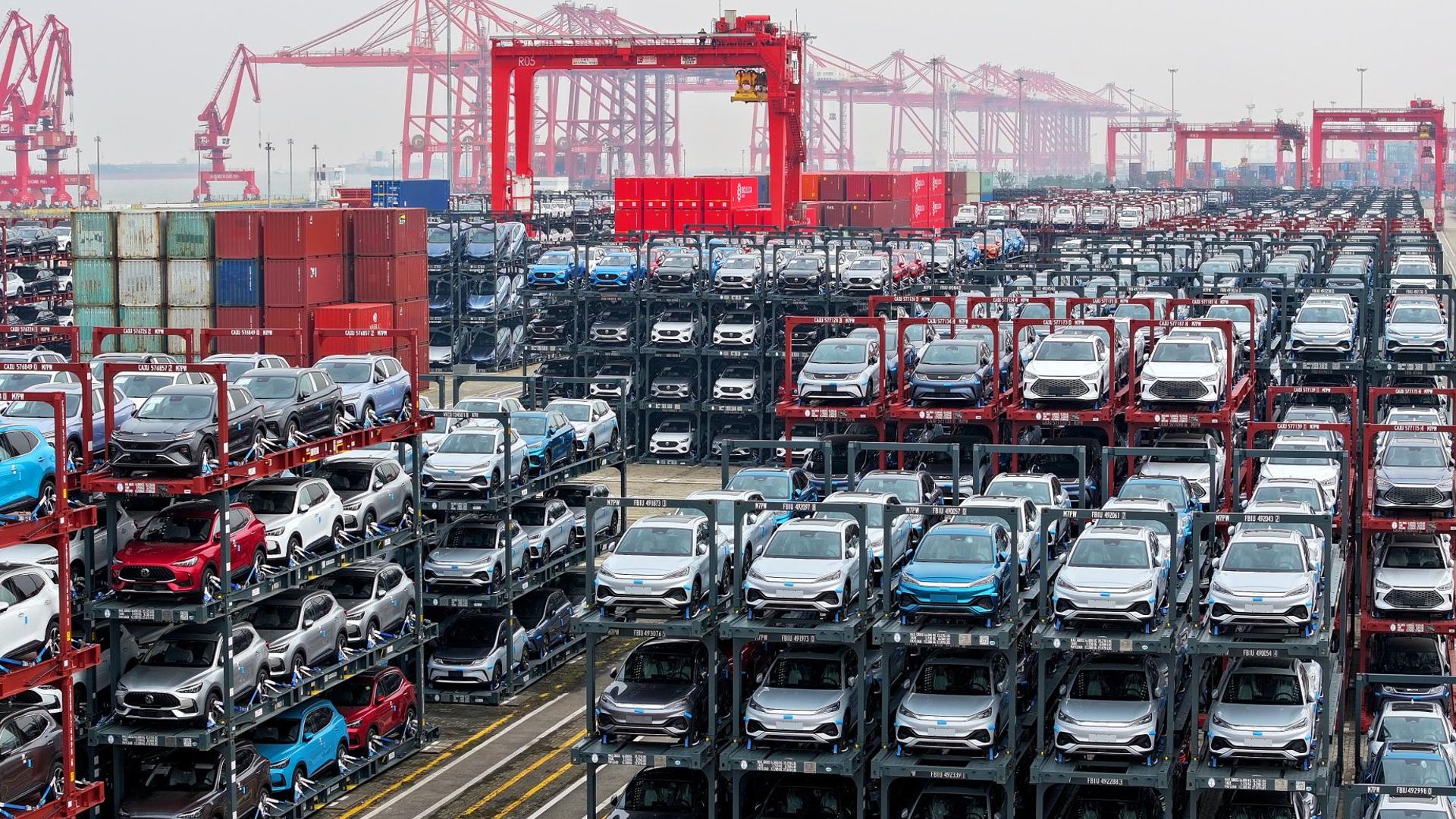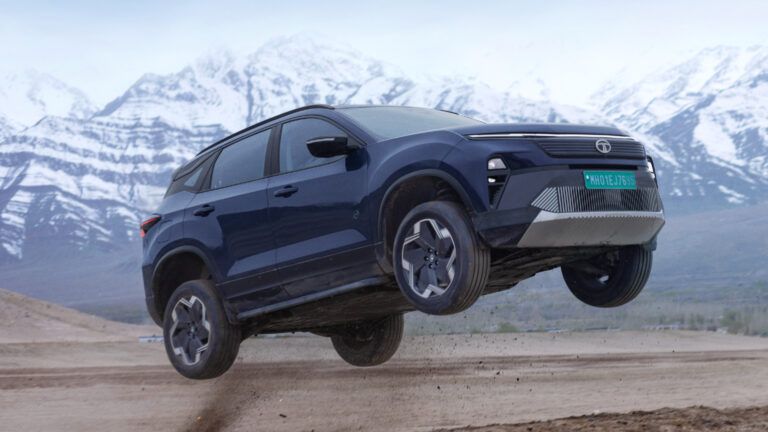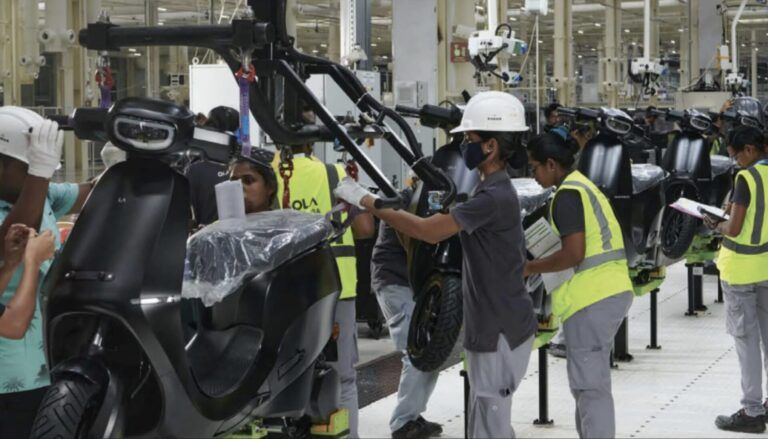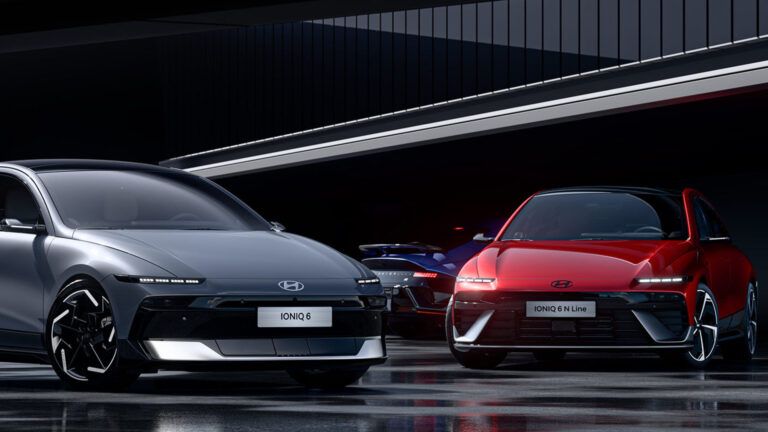On Wednesday, the European Commission told automakers that they’ll have to pay extra taxes, up to 38.1%, on imported Chinese EVs from next month. This news might make China upset, and they might take action in response.
Less than a month after Washington increased taxes four times for Chinese electric cars to 100%, Brussels announced it would impose tariffs. These tariffs would be 17.4% for BYD, 20% for Geely, and 38.1% for SAIC. EU made this decision because it believed China provided excessive subsidies.
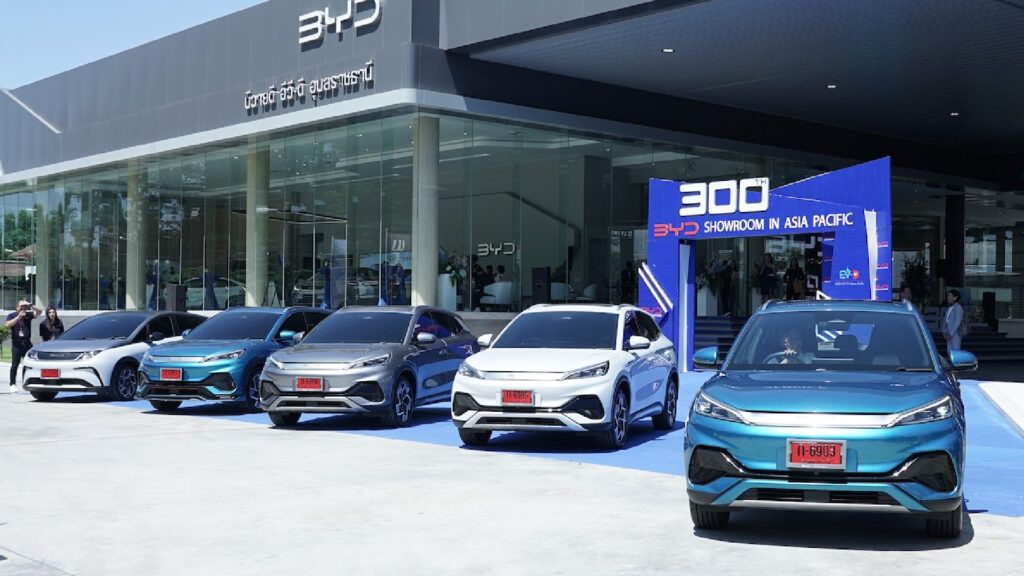
China’s commerce ministry stated it will monitor the situation and take all needed steps to protect Chinese companies’ rights.
The EU’s provisional taxes will start on July 4th, while the investigation into anti-subsidy measures will continue until November 2nd. After that, they might impose permanent taxes, usually lasting for five years.
The Commission stated that companies cooperating with the investigation would face a 21% rate. Meanwhile, those not cooperating would face a higher rate of 38.1%.
According to Reuters, the additional tariffs will be added to the current EU tariff of 10%. Companies like Tesla and BMW, which export cars from China to Europe, were considered cooperative.
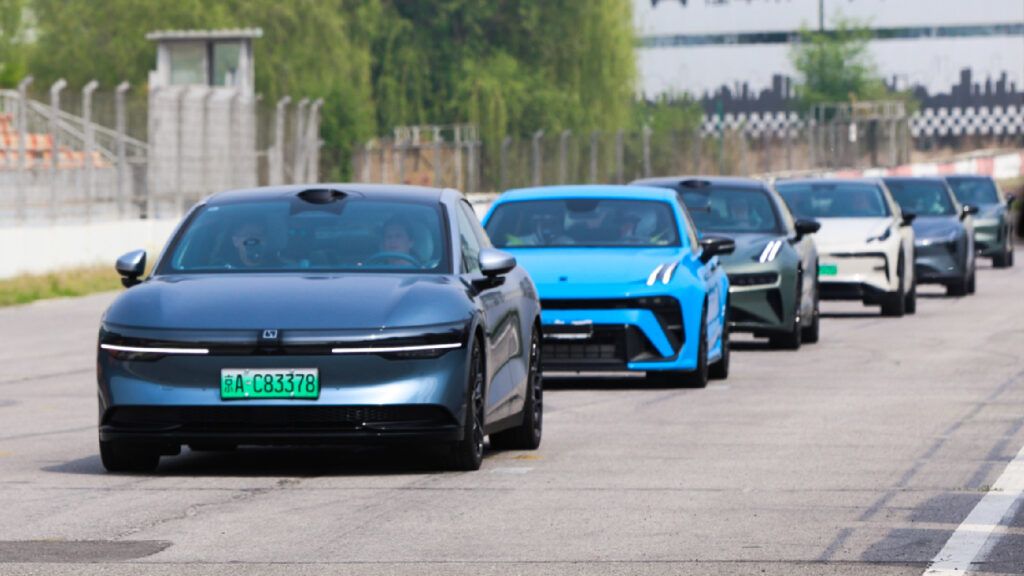
Margaritis Schinas, a vice president of the Commission, said in a press conference that cars built in China were getting unfair subsidies, which could harm EU producers. He told a news conference:
On this basis, the Commission has reached out to Chinese authorities to discuss these findings and explore possible ways for resolving the issues identified.
The proposed tariffs are higher than what analysts expected, which was between 10% and 25% for Chinese electric vehicles. BYD, Geely, SAIC, and Tesla didn’t respond right away to Reuters’ questions about the report.
This decision comes at a time when European carmakers are facing competition from cheaper electric vehicles made by Chinese companies.
China criticized the EU for the anti-subsidy investigation, encouraged cooperation, and talked to individual EU countries. However, it hasn’t clearly stated how it will respond to the tariffs.

